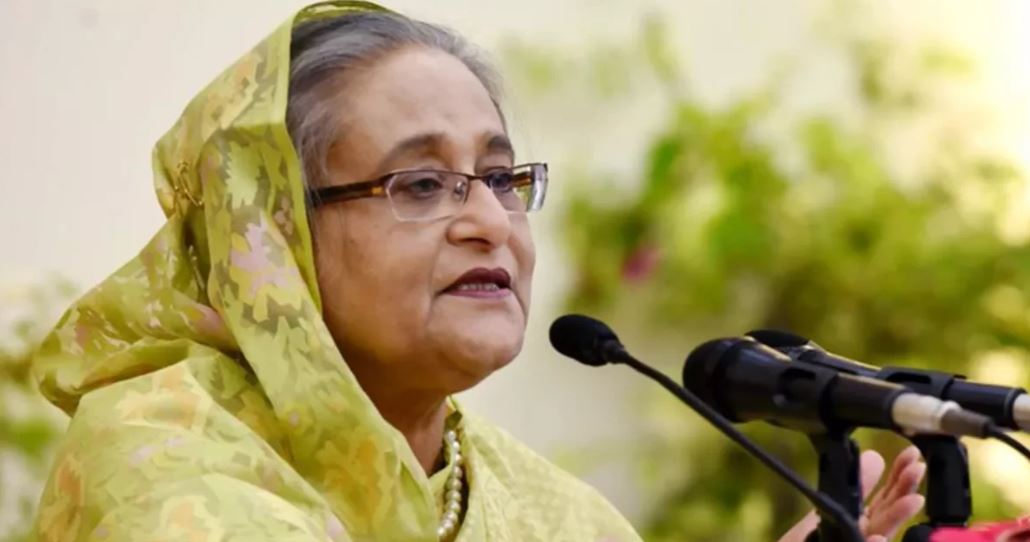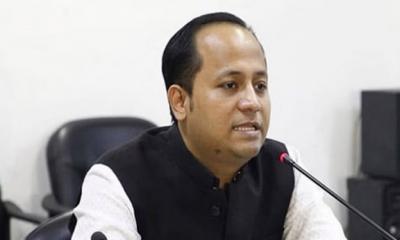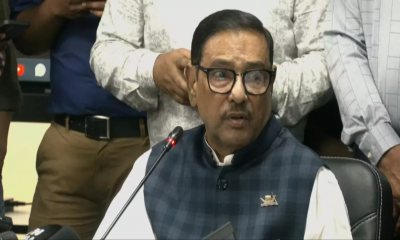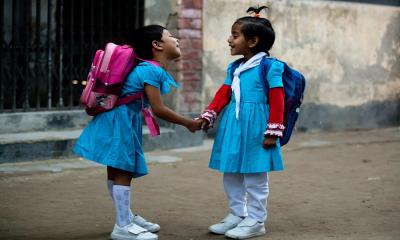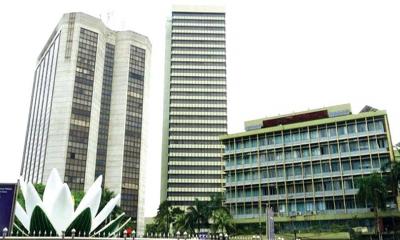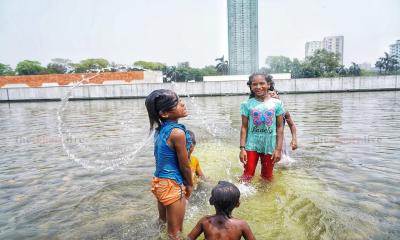Prime Minister Sheikh Hasina on Friday urged the world leaders to end the senseless arms race and instead spend the money to fight the scourage of climate change.
“Senseless arms race must be stopped and resources need to be diverted instead to mobilize the much-needed fund for fighting climate change," she said adding, "Let’s keep in mind, when the existence of humanity is at a stake, pursuing narrow interests would come to nothing."
The prime minister`s impassioned call featured in a six-point suggestions she placed at the panel discussion titled “From Pocket to Planet: Scaling Up Climate Finance" at the Munich Security Conference 2024 here in Germany.
“We must find solutions to unlocking climate financing to keep us on track by delivering on the six suggestions,” she said.
In her first suggestion, Sheikh Hasina said developed countries must live up to their commitment of USD 100 billion per annum in the two years up to 2025, based on a delivery plan.
“And, by the end of this year, we must all agree on a new climate financing target post-2025, preferably above USD 100 billion, on the basis of scientific evidence,” she said.
Raising the second recommendation, she said the world needs to get rid of wars and conflicts, illegal occupations and mindless killings of unarmed civilians especially women and children as we watch in Gaza and elsewhere.
The impacts of sanctions and counter-sanctions are felt far away from the scene of the conflicts. “Senseless arms race must be stopped and resources need to be diverted instead to mobilize the much-needed fund for fighting climate change,” she added.
The PM in her third suggestion said the acute imbalance in financing for mitigation and adaptation needs to be addressed by at least doubling the current level of adaptation financing. In this context, she thanked French President Macron for committing to provide Euros 1 billion to Bangladesh for supporting adaptation.
Placing the 4th suggestion, she said the long-pending issue of streamlining access to existing international climate funds by developing countries must be resolved, including by investing in their capacity.
At this time, she said, “In case of Bangladesh, we only have two eligible entities to get financing from the Green Climate Fund, with two more in the process.”
In her 5th suggestion, PM Hasina said the reform of the global financing architecture must show meaningful results, especially in managing the debt burden of climate vulnerable countries by expanding their access to grants and concessional loans.
Placing her 6th and final suggestion, she said the governments need to invest in the right plans, policies and instruments to mobilize private capital flows for climate action.
In parallel, international financial institutions need to develop innovative, blended financing mechanisms to attract private capital for bankable projects. “It is evident that the large climate financing gaps cannot be addressed without effective private sector participation, " she said.
On her first official tour abroad since winning last month`s general election the Bangladesh prime minister said all recognise the need for substantially scaling up the current level of international climate financing for investments in mitigation and adaptation.
“Regrettably, the climate financing committed and available so far remains severely insufficient. This is further complicated by the absence of an internationally agreed definition of ‘climate financing’ and its accounting methods,” she said.
Sheikh Hasina said she was part of a closed-door meeting of leaders to find a last-minute solution at COP15 in Copenhagen in 2009 and realised that international climate finance would be quite difficult to come by.
After going back home, she took the initiative to set up the Bangladesh Climate Change Trust Fund to undertake home-grown adaptation projects.
“Bangladesh is now considered a living laboratory of locally-led climate adaptation,” she said, adding that Bangladesh has so far implemented nearly 800 projects at a cost of USD 480 million, all from its own resources.
“This is, however, still inadequate compared to the USD 7-8 billion that we require every year to implement our National Adaptation Plan,” she said.
To put things in perspective, the current financing need for mitigation as per all the Nationally Determined Contributions (NDC) is estimated at nearly USD 6 trillion up to 2030, the PM said.
For adaptation, it is USD 215–387 billion per annum until 2030. It is obvious that the widening financing gap is further aggravating the global climate crisis, she added.
The prime minister said the COP28 in Dubai started on a positive note with the operationalisation of the Loss and Damage Fund. “We are pleased that USD 792 million was committed to the Fund. We hope that additional pledges will be made to allow the Fund to deliver on its mandate,” she said.
Noting that the Governing Board of the Loss and Damage Fund has now been formed with full responsibility for funding decisions, she stressed that the Fund be operated and guided by the principles of the Paris Agreement.
“The Fund must remain new and additional, beyond ODA and other types of climate finance. It is critical that the Loss and Damage Fund does not divert much-needed resources for climate adaptation,” she said.
The PM said the next task for the Fund is to start releasing the money for viable projects. The Fund should reach those that need its support the most. “The disbursement procedure should be made simple and flexible. We hope that the Fund’s governing board will give due attention to the views of the LDC and SIDS representatives,” she continued.
“I would certainly like to see Bangladesh as one of the first recipients of the Loss and Damage Fund,” Hasina hoped.
Talking about Bangladesh, she said her country ranks seventh among the world’s most climate vulnerable countries even though our contribution to global carbon emission is negligible (less than 0.47% of global emission).
“It is estimated that from now up to 2050, our annual GDP loss will be 2% because of climate change, and at this rate by 2100, the loss will be as high as 9%. It is also estimated that about 13.3 million people of Bangladesh could be internally displaced due to climate change impacts,” she said.
Now Bangladesh spends about 4.6 percent of annual budget and 0.74 percent of GDP on climate adaptation and resilience, where 75 percent comes from domestic resources, she said.
Noting that the Bangladesh Climate Change Trust Fund (BCCTF) formed from its own resources in 2009, she said the Fund has so far implemented more than 800 projects at an investment of around USD 480 million.


